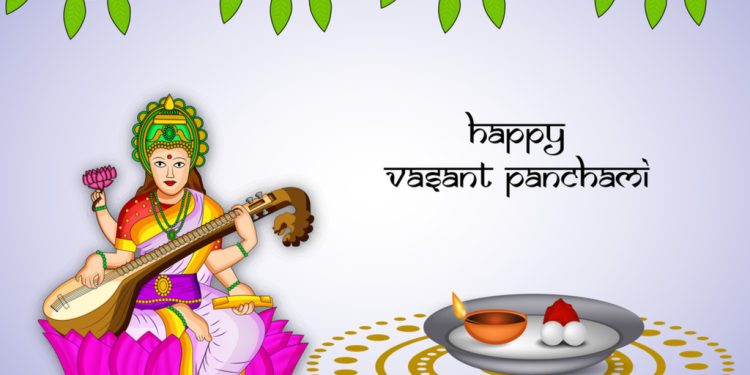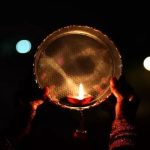
Vasant Panchami
Celebrated in Hindu countries such as India, Vasant Panchami is a festival that marks the end of winter and the onset of spring. It is observed during Magha Shukla Panchami, which is the fifth day of the lunar month of Magha, signifying the start of spring. As it is a public holiday, most schools and government institutions are closed in areas that celebrate this festival. However, private institutions and businesses usually remain open to the public.
Significance
Traditionally, this festival centered around the concept of Sringara, and its practice can be traced back to ancient Vedic literature. Modern observance of this holiday, however, is more closely associated with the Hindu goddess of wisdom, learning, and the arts, Saraswati. This day is often considered the goddess’s birthday, and participants worship her to cleanse their minds and bodies of ignorance and lethargy.
Customs, Traditions, and Observances
The celebration of this festival typically involves brightly colored clothing, the liberal use of flowers, and the preparation and consumption of a special pastry called kesar halva. This pastry, colored with saffron and made with flour, cardamom powder, sugar, and nuts, is a festive treat.
The color yellow plays a significant role in the festivities, as it is associated with Saraswati. People often dress in vibrant yellow clothing and exchange yellow flowers. This time also coincides with the blooming of yellow mustard fields in India, providing a striking backdrop to the celebrations.
In the Punjab region of India, Vasant Panchami coincides with the Basant Kite Festival, a religious event where many children take to the streets to fly colorful kites. The festival attracts people from around the world who come to witness the sky filled with a multitude of kites.
Conclusion
Vasant Panchami is a festival that celebrates not only Sringara but also holds significant social and cultural importance. It instills new hope in its participants with the arrival of spring and serves as a reminder to value enlightenment and intelligence over material desires.








